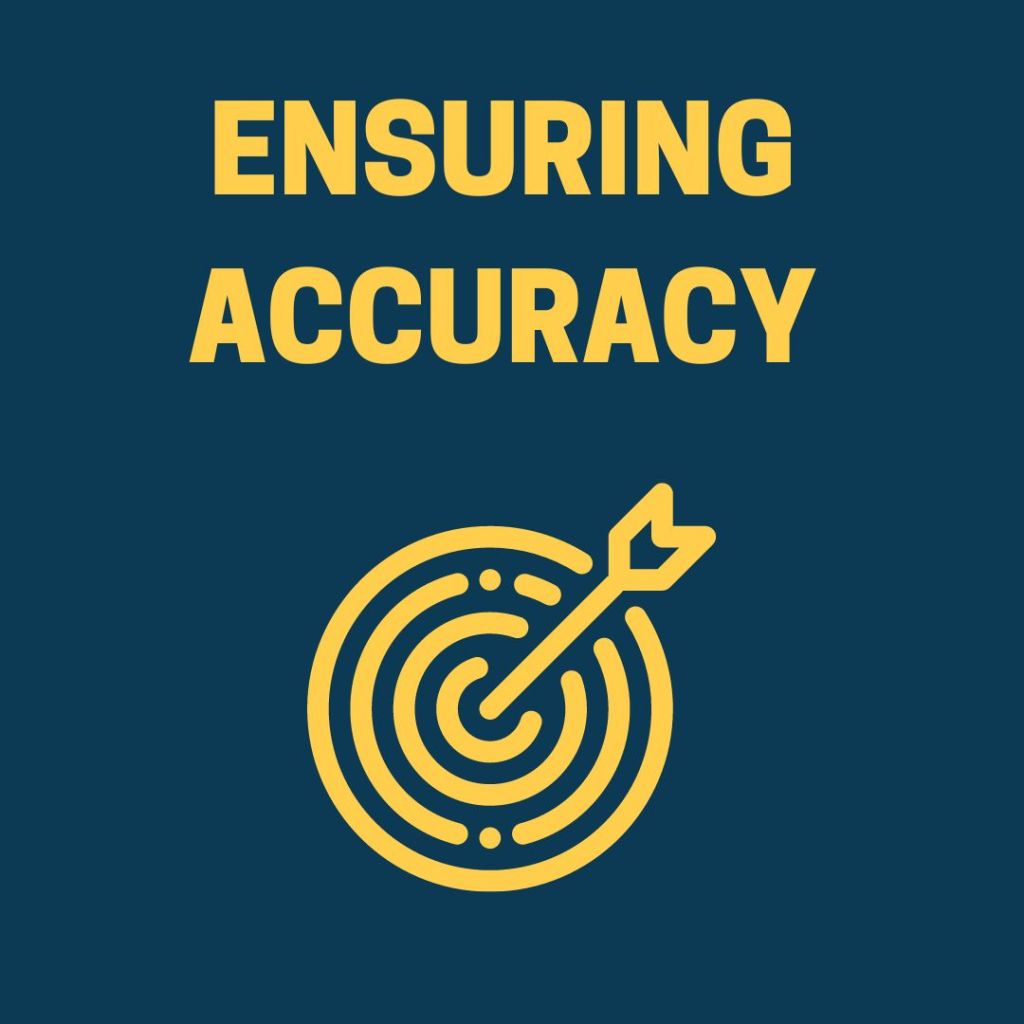
Exploring the Advantages of Extending Your Tax Return and Filing After April 15th
When it comes to taxes, the common perception is that filing as early as possible is the best approach. However, there are several compelling reasons why extending your tax return and filing after April 15th might be beneficial for you. In this blog post, we will delve into the advantages of extending your tax return and how it can be a strategic move.

- Avoiding Penalties: One of the primary reasons to file an extension is to avoid penalties that can accrue if you don’t file your taxes on time. By filing an extension, you’re granted more time to gather all necessary documents and information to complete your return accurately, thereby reducing the risk of making mistakes or missing out on potential deductions.

2. More Time for Tax Planning: An extension provides you with additional time to plan your tax strategy and make informed decisions. This could include contributing to a retirement account or gathering more information on potential deductions, both of which can reduce your taxable income. With more time, you can also better understand the impact of recent tax law changes on your return.

3. Reducing Stress: The tax season can be a stressful period, especially if you’re not fully prepared to file your return. By extending your tax return, you can relieve some of the pressure and stress associated with meeting the April 15th deadline. This allows you to approach your tax filing with a clear mind, potentially leading to more accurate and thorough returns.

4. Ensuring Accuracy: Rushing to file your taxes can lead to errors, which can result in an IRS audit or additional tax liabilities. An extension gives you more time to review your return, ensuring all information is accurate and complete. This can save you from potential headaches down the line.

5. Access to Professional Help: Tax professionals often have more availability after the April 15th deadline, which means you can potentially work with a more experienced and less overwhelmed tax preparer. This can be especially beneficial if you have a complex tax situation.
In conclusion, while it’s often recommended to file your taxes as early as possible, there are several benefits to extending your tax return and filing after April 15th. From reducing stress to ensuring accuracy, extending your tax return can be a strategic move that sets you up for a smoother and more successful tax season.
Disclaimer: The information provided above is not meant to be legal or tax advise. You should consult your CPA and attorney to determine the best course of action for your situation.
Mitzi E. Sullivan, CPA is a cloud based professional services provider
specializing in cloud accounting.















